NOTHING SHORTENS the sales cycle more dramatically than talking to the right person, right off the bat; so, why do sales teams pitch to contacts who aren’t the real decision-makers? Usually, sales teams prioritize the wrong person because of a lack of confidence. After all, the likelihood of outright rejection is greater once you reach the real decision-maker, and no one enjoys rejection. It can also be tougher to get through to the top decision-maker at the company. My philosophy? You’re going to have to pitch to the real decision-maker at some point if you’re successful. Wouldn’t you prefer a quick response from the real decision maker, even if it’s not what you want to hear, instead of working your tail off for months for the same result down the line? Fast decisions allow you to move on to stronger prospects. Even though it may seem safer to start with a lower-level influencer, there are still big risks to consider. First, each additional approval layer lengthens your sales cycle. The more involved you become with one prospect, the less time you have to focus on other prospects that might be stronger. More importantly, you’ll lose control over your pitch. When you’re pitching an influencer, instead of the real decision maker, you are counting on him to land a meeting for you with the real decision-maker. Do you trust that influencer to pitch your products and services as well as you could? Do you really want to rely on someone else to make your pitch? No one can deliver your message — or overcome objections — as well as you can. If you’re ready to step up and make contact with the right decision makers, here are a few tips. Do your homework. Prepare for the call thoroughly. Know what makes your prospect tick, the name of the gatekeeper you might encounter, the best way to reach out to your prospect, and the most compelling reason your prospect should meet with a stranger. High-level decision makers expect this due diligence. Warm up the call as much as possible. Identify common acquaintances that can make an introduction for you or provide a reference. LinkedIn can help you find people you both know or identify organizations your prospect cares about. Use that knowledge to your advantage during the call. Get creative. Instead of the same-old cold call, send a creative, personalized package in advance to increase the likelihood that the prospect will take your call. Use social-media profiles and common acquaintances to discover personal interests that will allow you to customize the package and really knock it out of the park. Finally, embrace the word “no.” Remember that rejection often clears the path to sales success.
Recent Posts
- Post-Purchase: The Most Overlooked Stage for Lifetime Value Growth (and It’s Costing You)
- Qualitative vs. Quantitative: The Research Mix That Guarantees Outcomes
- The MROI Formula CEOs Should Actually Be Using (and Most Aren’t)
- What Customers Really Think of Your Positioning (and Why It Matters)
- How to Overcome the Resistance That Keeps Teams Stuck in Old Strategies
Related Posts
 LeadershipOther
What To Do When You’re Not Steve Jobs
LeadershipOther
What To Do When You’re Not Steve Jobs
What To Do When You’re Not Steve Jobs
SEVENTY PERCENT of startup businesses fail within the first 10 years, according to a 2013…
RedRover Sales & MarketingApril 23, 2024
 LeadershipOther
Difference Between A Rut And A Grave
LeadershipOther
Difference Between A Rut And A Grave
Difference Between A Rut And A Grave
THROUGH THE YEARS, I’ve come to embrace the realization that I am an agent of…
RedRover Sales & MarketingApril 23, 2024
 LeadershipOther
Rewiring Your Inherent Resistance To Change
LeadershipOther
Rewiring Your Inherent Resistance To Change
Rewiring Your Inherent Resistance To Change
WHY DO SO MANY great organizations struggle with change? After all, as the Greek philosopher…
RedRover Sales & MarketingApril 23, 2024

